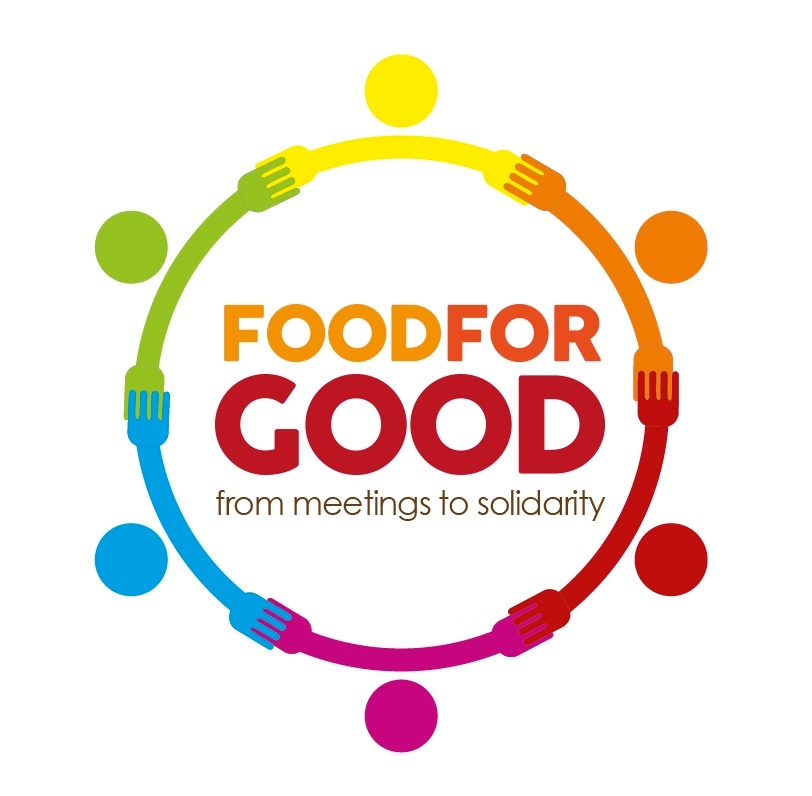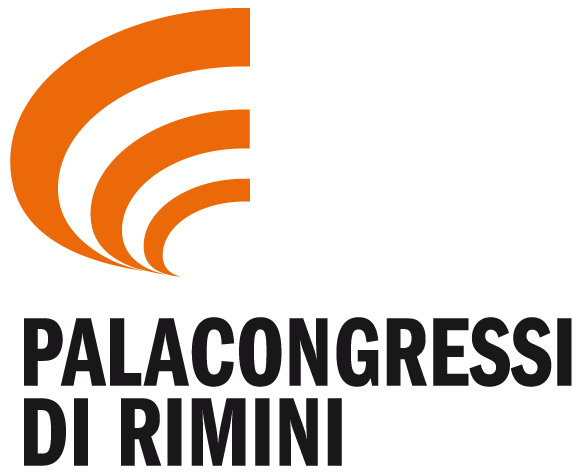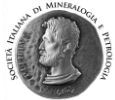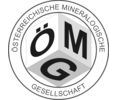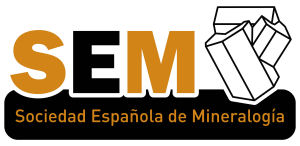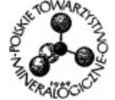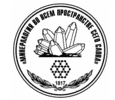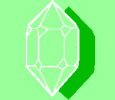Sylvie Demouchy, Katharina Marquardt, Juan Jimenez-Millan, Martine Buatier and Cecilia Viti (contact: sylvie.demouchy@univ-montp2.fr)
Mineral deformation and transport mechanisms control chemical and structural evolution of crust and upper mantle. Chemical self- and inter-diffusion is based on atomic-level transport, while plastic deformation of coarse-grained rocks is based on dislocation interactions; both mechanisms result in large-scale material flow such as plate tectonics. Furthermore, diffusive processes at the extreme pressure of the Earth’s deep interior likely control the kinetics of deformation and thus the survival of chemical heterogeneities. Time evolution of deformation textures provides key information for the interpretation of complex geophysical data (i.e., seismic and electrical conductivity). In the upper crust, faults can be considered as major discontinuities favouring fluid circulation, fluid-rock interactions and mineralizations. Mineral genesis and transformation play a key role in crustal faulting and, consequently on fault seismic activity. The presence of neo-formed minerals and fluids are important factors controlling fault strength, earthquake nucleation and propagation. Recent technical improvements such as numerical modelling at various scales (atomic-, meso- to macro- scale) and new experiments at extreme pressure and high temperatures, as well as friction experiment at low temperatures, combined with state-of-the-art analytical tools (e.g., FIB, TEM, nano-SIMs, atom probe) now allows to quantify chemical interactions and complex rheology in various types of minerals and their grain boundaries. Nevertheless, the community still faces under-constrained deep Earth’s processes and technical challenges. This session aims to bring together a multidisciplinary group of mineralogists and tectonics to exchange new results on chemical and isotopic diffusion, rheological behaviour, their possible interplay in minerals and rocks from low to high temperature and their effects on processes of the Earth’s interior.
The keynote speaker will be Lucie Tajcmanova (ETH-Zürich, Switzerland)









